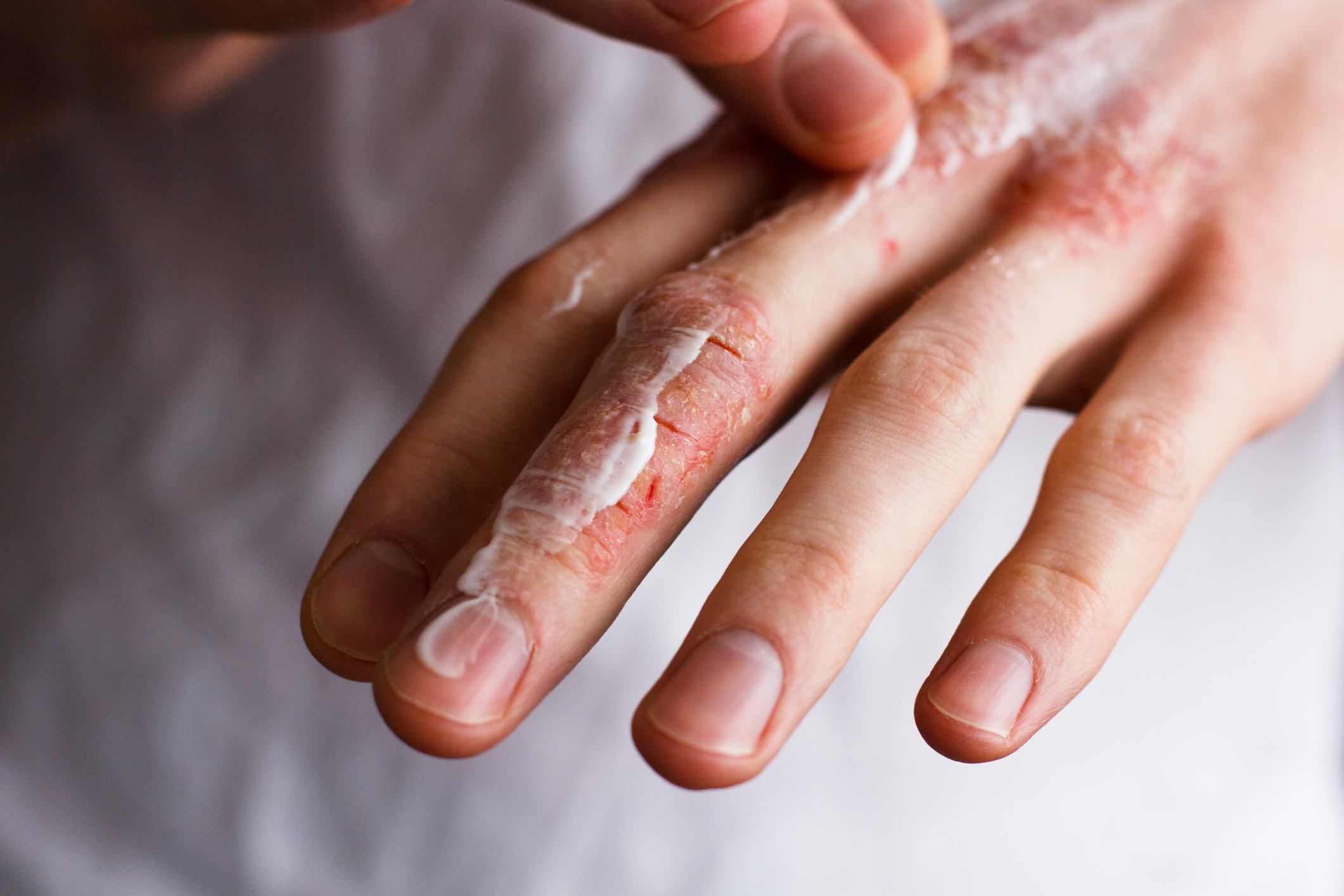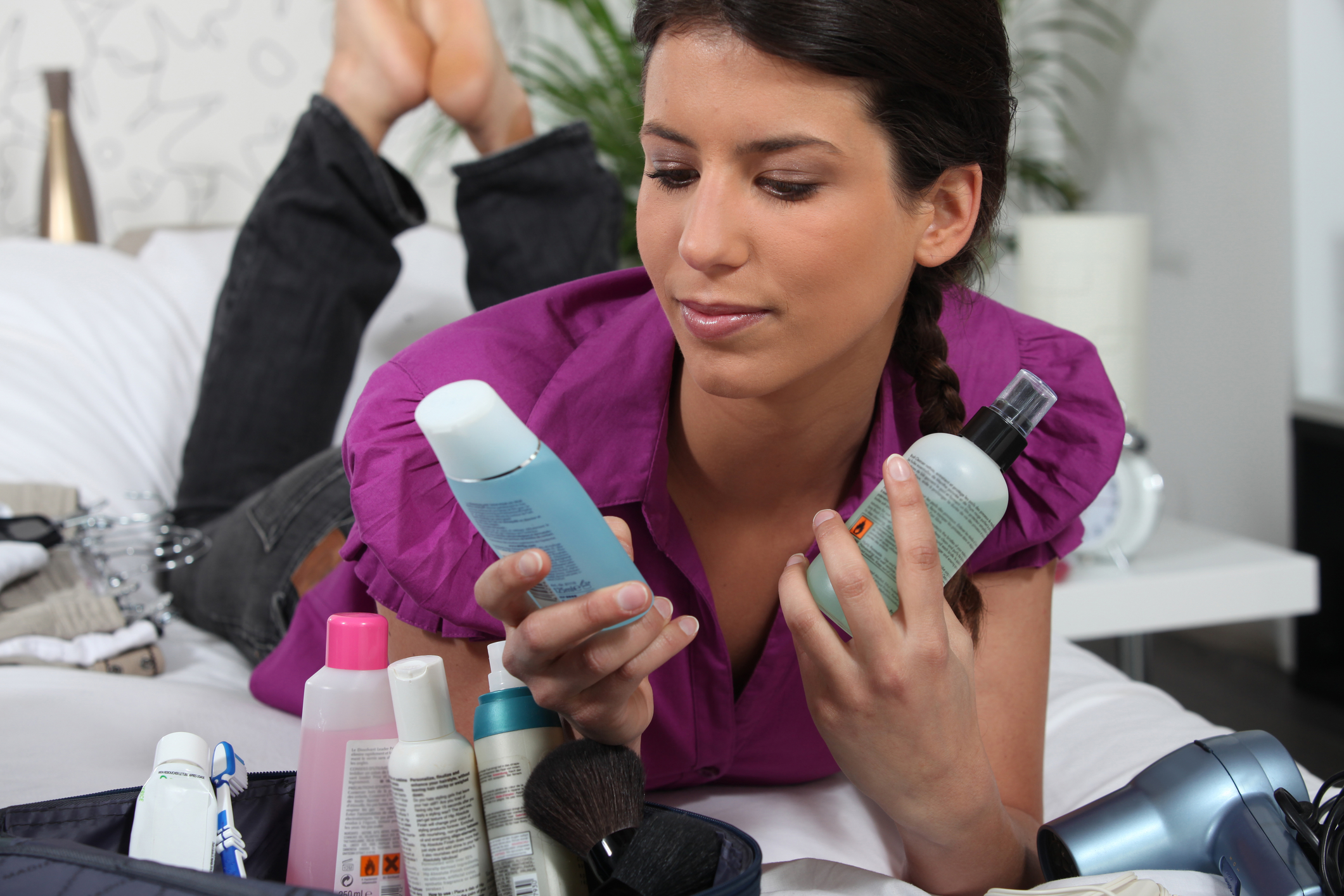9 Ways To Avoid Dry, Cracked Skin This Winter
Being warm and cozy is a necessity for most to make it through the winter season, but heating the indoors causes the air to become dry and the moisture in the skin to evaporate. To make matters worse, the humidity in the outdoor cold air is lower than in summer, meaning the skin loses moisture into the environment, causing dry, scaly, cracked skin.Dry skin can bleed, leading to additional health risks. That is why it is imperative that extra precaution is taken in the winter to keep one's skin supple, hydrated, glowing, and healthy.
Be Generous With Skin Moisturizer

Moisturizers make the skin supple while trapping additional, long-lasting moisture. In addition to applying often to hands, use moisturizer on the more vulnerable parts of the body; the arms, elbows, legs, knees, and feet, especially the heels. It is easier to use preventative methods such as this and keep your skin in good condition than it is to nurse painful cuts and cracks after they form. Some moisturizers contain healing ingredients, such as aloe or coconut oil. Because hot water will dry out the skin, keep a bottle of moisturizing cream near the kitchen sink and tub and apply a generous amount while the skin is still damp. Alternatively, apply cream before submersing the skin in water to help trap in necessary moisture, then reapply again afterward for more serious cases.
Keep Lotion Handy Wherever You Go

Soft skin is healthy skin, and considering workplaces are typically a dryer environment than at home, a bottle of hand cream should be available at all times in the desk drawer and restrooms. At home, keep a bottom of lotion near every tub, shower, and sink. Because the heater in a car blasts hot air on hands while they are on the steering wheel, place a thin layer of cream to the hands before leaving for your destination. Encourage the passengers in the car to use hand lotion also by having a bottle in an obvious place, such as the cup holder or center console.
